by Angie Lavezzo, CFSA Communications Coordinator | Tuesday, Feb. 2, 2022 –
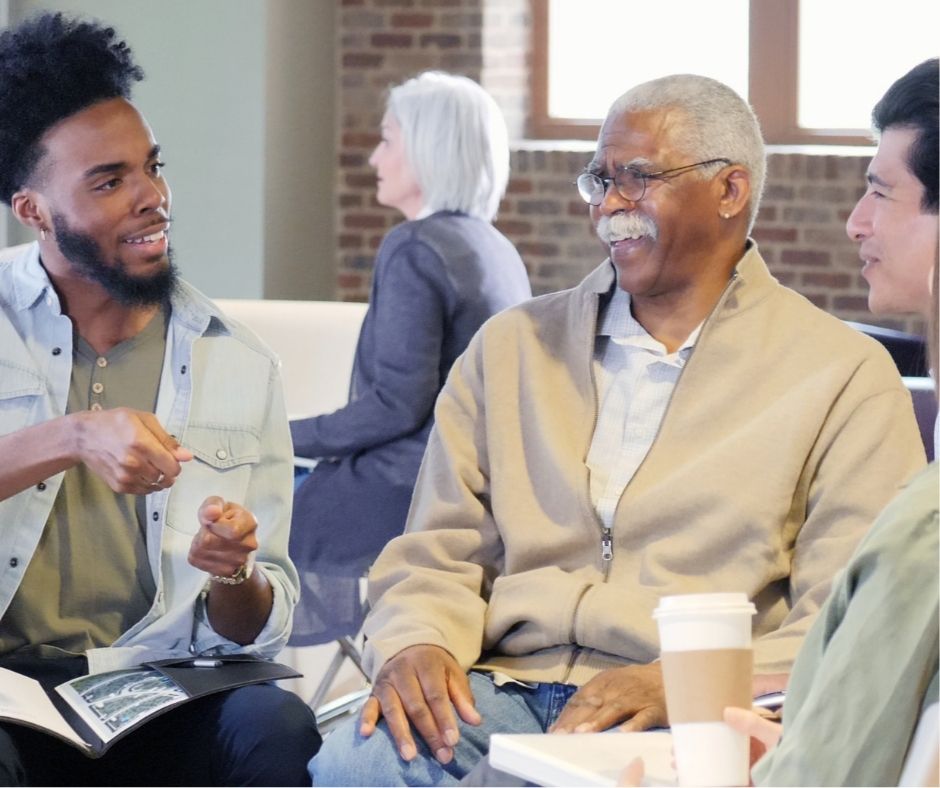
Food is a great uniter. We all have to eat, and we would all like to eat well. Because of this, food can be a potent tool for change. At their core, food councils exist to bridge the gap between the different ways that food exists and serve to use food to build and strengthen communities.
Food can be a potent tool for change.
Food councils are community-based coalitions that work with diverse membership to create a thriving and equitable local food system. Acting as a central hub, food councils connect people together. Food councils play a crucial role in giving voice to the communities they serve. Creating space for community members to gather and talk about food, access, and challenges in making connections are where food councils shine.
Change happens faster and with more efficiency when we work together. Food councils can act as the facilitators of those conversations; to understand the needs of your town or city, open lines of communication, and enact policy for equity and lasting impact.
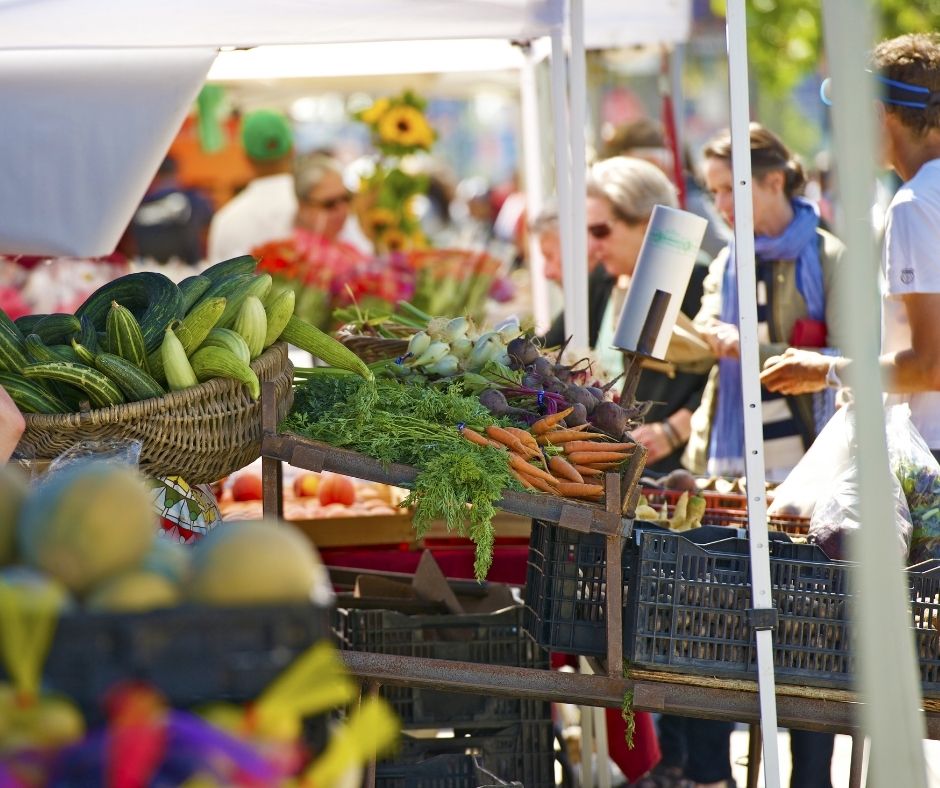
Below are five inspiring ways food councils affect change locally.
Supporting Farmers
Food councils around the country provide a voice as well as advocate for support and services for farmers in rural and urban areas where food growing happens, such as:
- Focus on policy work, advocating for state agricultural departments to provide start-up capital, loan forgiveness, land access, and tax credits for farmers.
- Facilitate classes and workshops to train new, beginning, BIPOC, and underserved farmers.
- Connect farmers to avenues for food distribution such as senior centers, schools, and non-profits specializing in food access.
- Assist existing farmers markets as well as help to establish new ones that are much needed.
Increasing Food Access
A key component in having a more equitable food system is creating pathways for easier access to fresh and healthy food. Some of the recent ways food councils have worked on accomplishing this are:
- Lobbied lawmakers for double SNAP benefit programs to be adopted at many farmers markets across the Carolinas.
- Work directly with and support their local food hubs. Some of those food hubs participate in FarmsSHARE, which has been an effective and efficient way to ensure farmers have a market for their products. Through a network of North Carolina food hubs, individuals and families experiencing food insecurity receive a weekly box of locally grown produce and protein from small, sustainable farms.
- Two councils, ABC2, and Men and Women United, in Eastern North Carolina, are BIPOC youth-led and center around learning and skill-building of food production.
- Support farmers market managers and staff with marketing and logistics. Several councils also support and manage SNAP programs in partnership with farmers markets.
Improving Community Health
Good food that nourishes people, in turn, boosts the community. Food councils act as the catalyst to get our neighbors the right tools to improve health, happiness, and wellness.
- With much creativity and out-of-the-box thinking, food councils find ways to get healthy food options to low-income communities. Some examples have been setting up food pantries in schools and starting mobile markets.
- Developed an innovative Vacation Vittles program that distributes fresh produce from community farmers to vacationers and visitors.
- Help to secure leases or agreements to use public spaces to create community gardens.
- Food council members provide community services through educational resources on wellness and nutrition in printed material, classes, and cooking, health, and nutrition workshops.
- Council members facilitate networking between agricultural producers, vendors, and consumers and bring every voice to the table to talk about the intersections between food and health to identify pathways for collaboration.
- Work with city and county leaders to use public spaces for education, food distribution, and community-based food production.
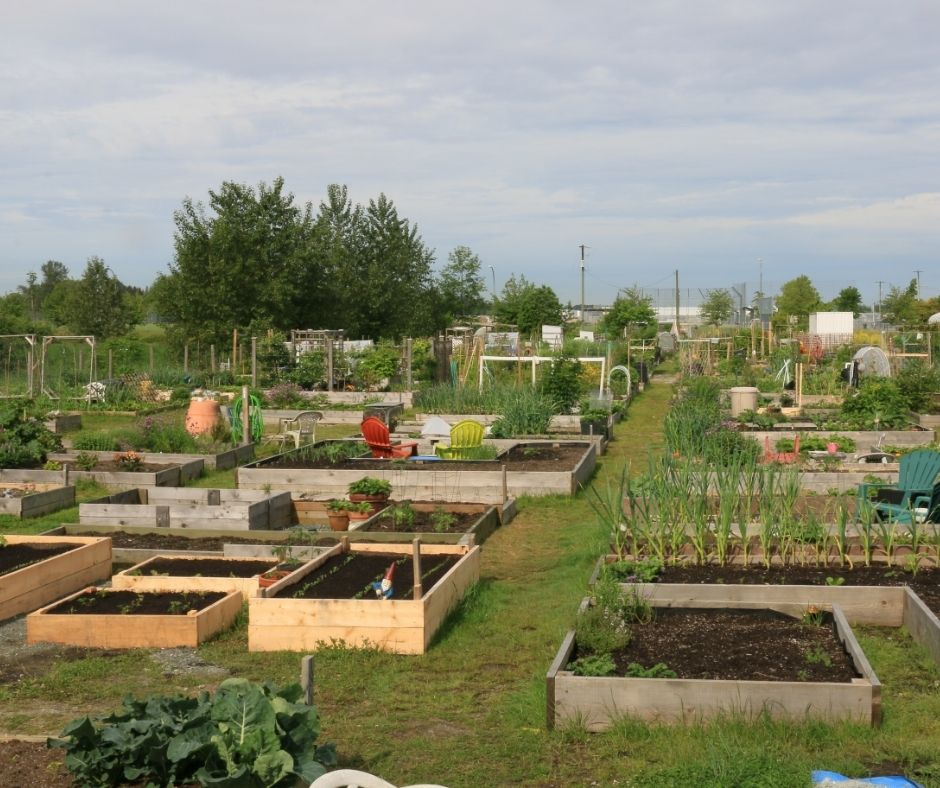
Advancing Economic Development
Many people are surprised to learn how much policy work food councils participate in. Engaging with our elected officials can open the door for many small and large-scale projects that improve our environment. A few ways food councils have improved our landscape are:
- Work with city leaders to use public and private spaces for commercial agricultural production.
- Councils apply for and assist in applying for grants to further community projects and specific community needs.
- Work with local and regional planning entities to develop and advance model urban agriculture ordinances designed to increase food production opportunities.
Encouraging Natural Resource Conservation
In addition to policy work surrounding economics, food councils have a vested interest in helping communities conserve and protect their environments from things like depletion, erosion, and exploitation. This involves open communication between council members and the local and state representatives that serve them. Here are a few highlights:
- Collaborating with the state food council – the NC Local Food Council – on research and interactions with the NC Department of Health and Human Services to identify strategies and resources to support increased prepared food recovery. And then working with advocacy organizations, like CFSA, to successfully lobby the state for $65K in their 2021 state budget to fund a state lab to develop and distribute those resources.
- Working with community partners and public servants to expand environmental justice and climate justice education and advocacy actions.
- Supporting municipalities in planning for logistics and community engagement on composting food waste.
- Engage with municipalities around the adoption of organic land management practices and planting edible and native species on public property.
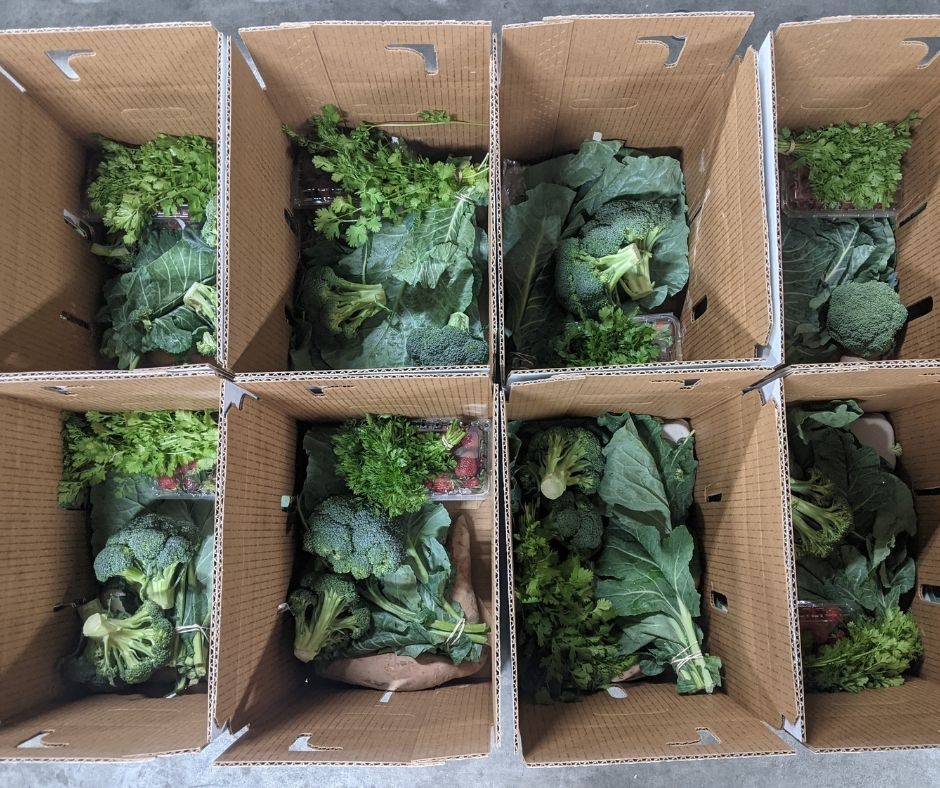
Who Can Get Involved?
Food councils are intentionally diverse and encourage membership across all sectors. This fosters inclusion and representation of the community that its council serves. According to Community Food Strategies, council members can be:
- Community members
- Public health professionals
- Local government officials
- Farmers and/or agricultural organizations
- Restaurant and local business owners
- Cooperative Extension staff
- Soil and Water Conservation District staff
- Faith communities
- Public schools
- Interested parents and consumers
- Food pantry volunteers and food security advocates
- Professors and staff from community colleges or universities
In other words, anyone interested in collective, local action to create more equitable and resilient communities!
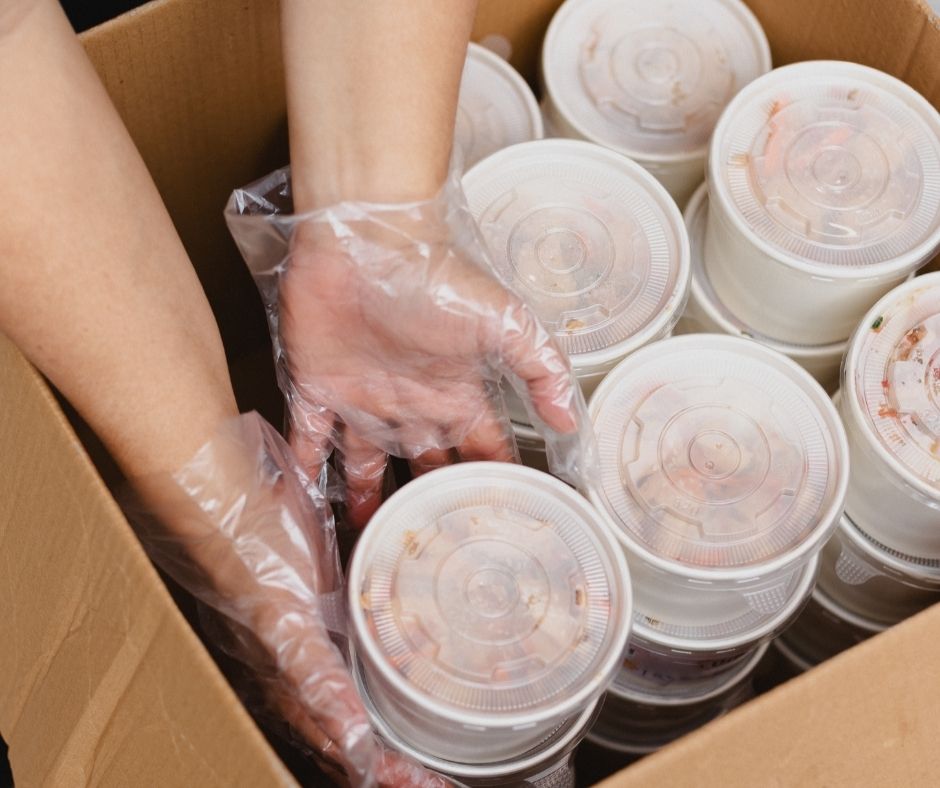
What Does Getting Involved Look Like?
Involvement in food councils can be one of the most wholesome, fulfilling ways to build and be a part of your community.
- Have you been inspired by some of the points made above?
- Want to make friends?
- Long to create real change?
- Hungry to feel connected to something bigger than yourself?
- Think it’s important to support your neighbors?
If the answer to any of those questions is “yes,” then consider attending a meeting of your local food council. Go chat with the council members and see if there is a need that interests you or that might be a good fit for where you are in your life. Many councils have specialty subcommittees that might be right up your alley.
Participating in food council activities is a great way to get to know other council members of your community who care about equity issues across our food supply chains. You will meet folks passionate about exploring new, collaborative ways of improving our communities through resilient community-based food systems.
Change happens faster and with more efficiency when we work together.
The beauty of the food council framework is that it is accessible to everyone and can be adapted to serve your community’s needs. Some food councils are grassroots-based networks, some are formally organized 501c(3) nonprofits, and others are organized or sponsored by local governments.
Because every community across the Carolinas is unique, involvement looks different from council to council. “Overall, expect to attend at least one hour-long monthly meeting and to commit an additional 5 hours of your month to engage in food council activities. Those activities will range but mostly center around ideas, projects, and being a network connector around food system activities in your community. Being that the food system is large and broad, you can more than likely find food council ideas, projects, and small groups of people who are engaging in your specific area of interest,” says Jared Cates, CFSA Community Mobilizer.
Find North Carolina councils here.
Find South Carolina councils here.
Not every area in the Carolinas is currently served by a council. If your county is not currently served by a food council, you can think about starting one yourself. Contact your statewide council organization for more information and advice.
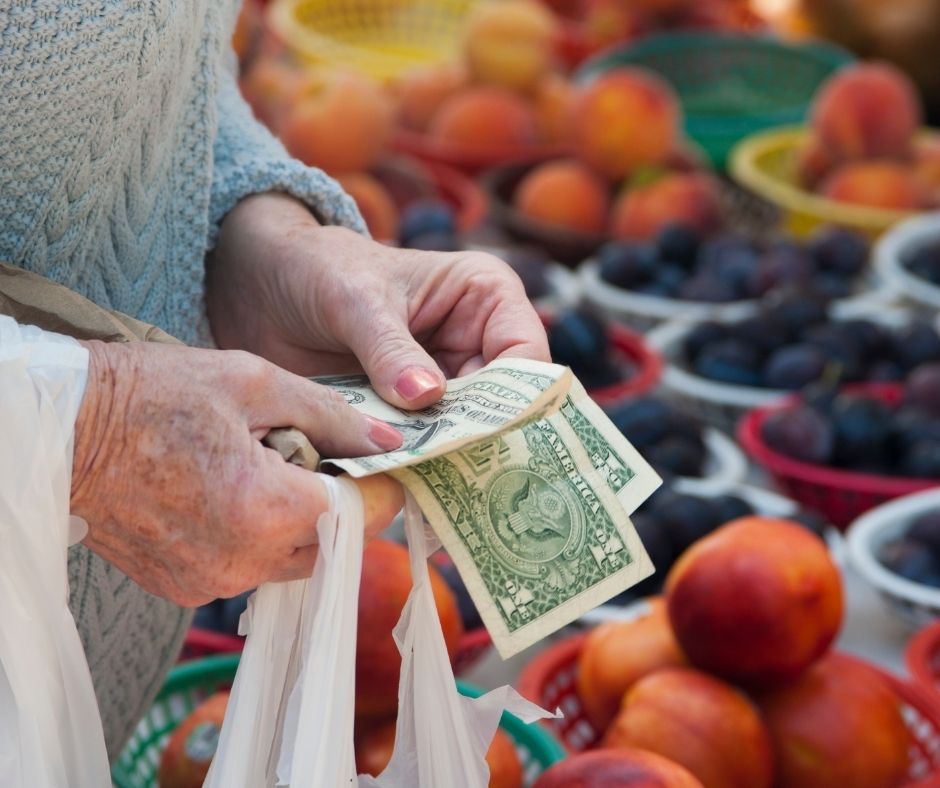
Not sure what you can commit to yet?
The easiest way to support a thriving local food system is simple: buy and eat local food! Grab your shopping bags, find out when and where a farmers market is happening in your area, and get to know the folks in your community!
Financial contributions are also welcome. Money can help councils buy tools and supplies that may be critical in helping to see ideas through to completion. Contact the council you’d like to help directly to find out the best way to donate.
You can also attend a cooking class, a gardening workshop, or a webinar put on by a farm or agricultural organization in your area. To heavily paraphrase the Beatles, “the love (community) you take is equal to the love (community) you make.” Sure, the actual lyric is ‘love’ and not ‘community,’ but the principle is the same: it is up to us to create the community we want to be a part of.
So if you have ideas for ways you’d like to see things change in your community, contact your local food council and let them know! Chances are they may have steps in place already to help make your idea happen, so you won’t have to reinvent the wheel. After all, we are stronger when we work together.
Image #4 credit, CFSA
Image #’s 1, 2, 3, 5, & 6 credit, Canva


